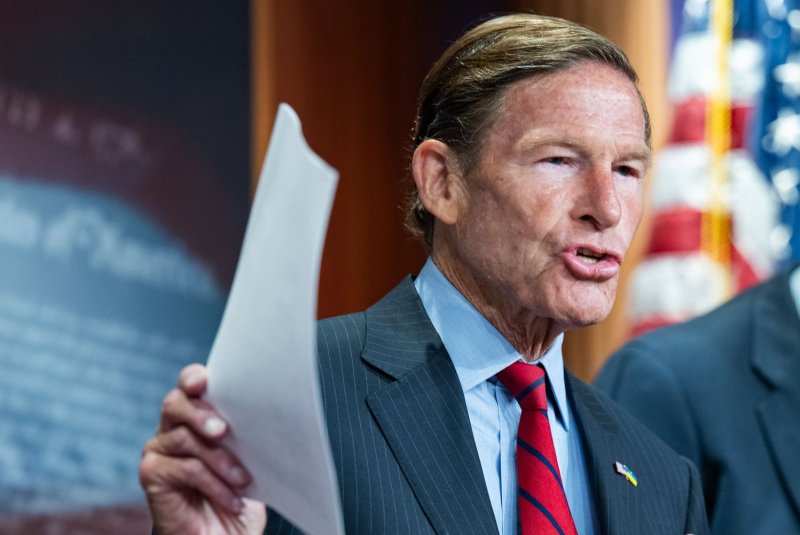Members of Congress, presidential candidates and state legislatures have been raising the alarm about Chinese and other foreign investment in American farmland. They claim it may destabilize our food system and undermine national security.
This uproar is directing attention away from the real crisis of ownership facing American farmers — land grabs by corporations based inside the United States.
Foreign investors, most of them Canadians, own only about 3 percent of our nation’s privately owned agricultural land. Chinese investors own just a tiny fraction of that. Meanwhile, existing regulations do nothing to stop multinational corporations and investors based in the U.S. from buying up farmland. To protect America’s food and farms, Congress should be focusing its attention closer to home.
Between 2005 and 2023, land prices more than doubled nationwide. Land access and the cost of farmland is the single largest barrier for beginning farmers, who face increasing debt and risk.
Pension funds, Wall Street investors, and other well-funded entities and individuals looking for good investments have been buying up domestic farmland. Their goal is profit, not food production or stewardship of natural resources. This speculation is contributing to making farmland unaffordable for many independent producers.
In addition to purchasing farmland from ordinary sellers, investors target farmers in crisis, including non-white and Indigenous farmers who may struggle because of systemic discrimination, including documented discrimination by government lenders.
White, non-Hispanic farmers now own 97 percent of all U.S. agricultural land. As we work to correct inequities in farming, we cannot ignore the question of who owns farmland.
Corporate ownership of land, whether foreign or domestic, isn’t good for our rural communities either. It results in depopulation, higher poverty, fewer jobs, and loss of critical infrastructure such as banks and hospitals. More land owned by investors means less land owned by people engaged in producing food, fiber, timber, and other products that keep our food system stable and our economy running.
Yet since the 2008 financial crisis, corporate investment in land has been increasing steadily with little attention from lawmakers. The number of institutionally owned properties tripled between 2009 and 2022. Federal farm policy incentivizes investment, as owners use taxpayer-funded programs to protect profits. What little regulation of corporate investment exists is mostly state-level and has been whittled down due to industry lobbying and bad court decisions.
Four hundred million acres — 40 percent of all U.S. farmland — is expected to change hands in the next two decades, though much of that land will be inherited. One generation of farmers is retiring, and the next is ready to step up. If decisionmakers want to be sure that farmland continues to contribute to the security of the American food system and economy, and if they want rural communities to thrive, the time to act to protect farmers is now.
The Farmland for Farmers Act of 2023, which was introduced in the U.S. Senate this month, would do just that. It discourages speculative investment in farmland in several ways. It restricts investment funds and other corporate actors from new purchases and leases of agricultural land. It takes away their access to USDA and Farm Credit Service programs and benefits, which should exist to support farmers, not investors.
The US must come from behind in the global race for AI regulation
This is reform? California wants to let its billionaires go on Medicaid
It also strengthens states’ authority to regulate both foreign and domestic corporate ownership of farmland. The bill keeps its focus on large investors. Entities with owners actively engaged in farming, nonprofits, farm cooperatives, and others would be exempt from the proposed regulations.
Family farm ownership is a foundation of financial and social well-being for America’s rural communities. Farms must remain in the hands of the people who feed us.




